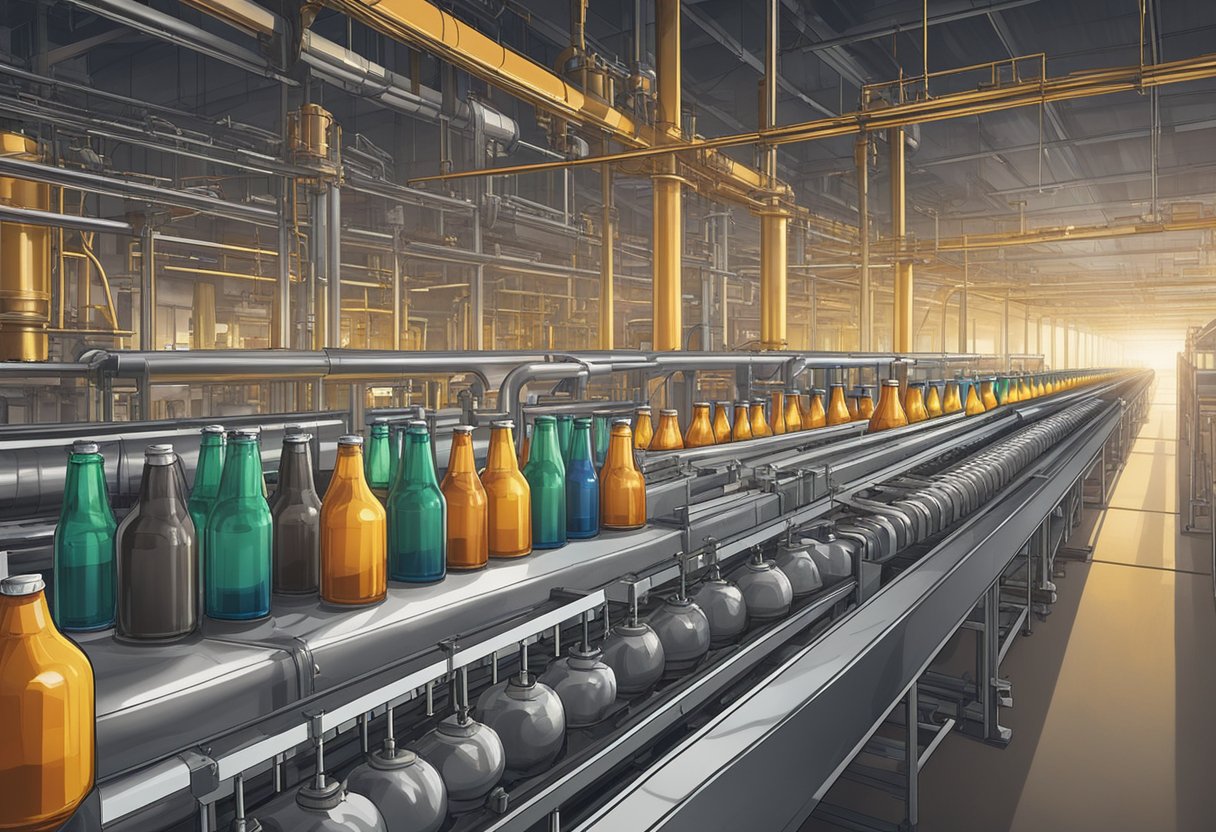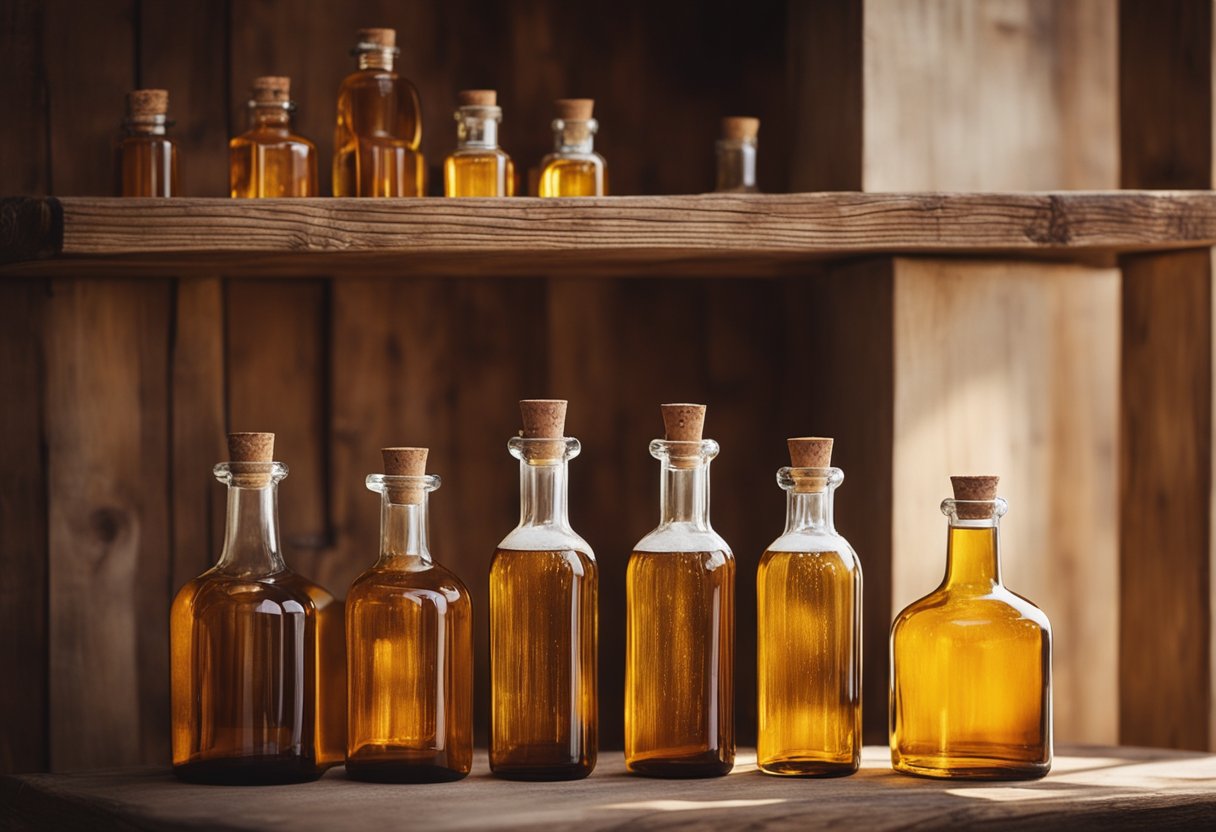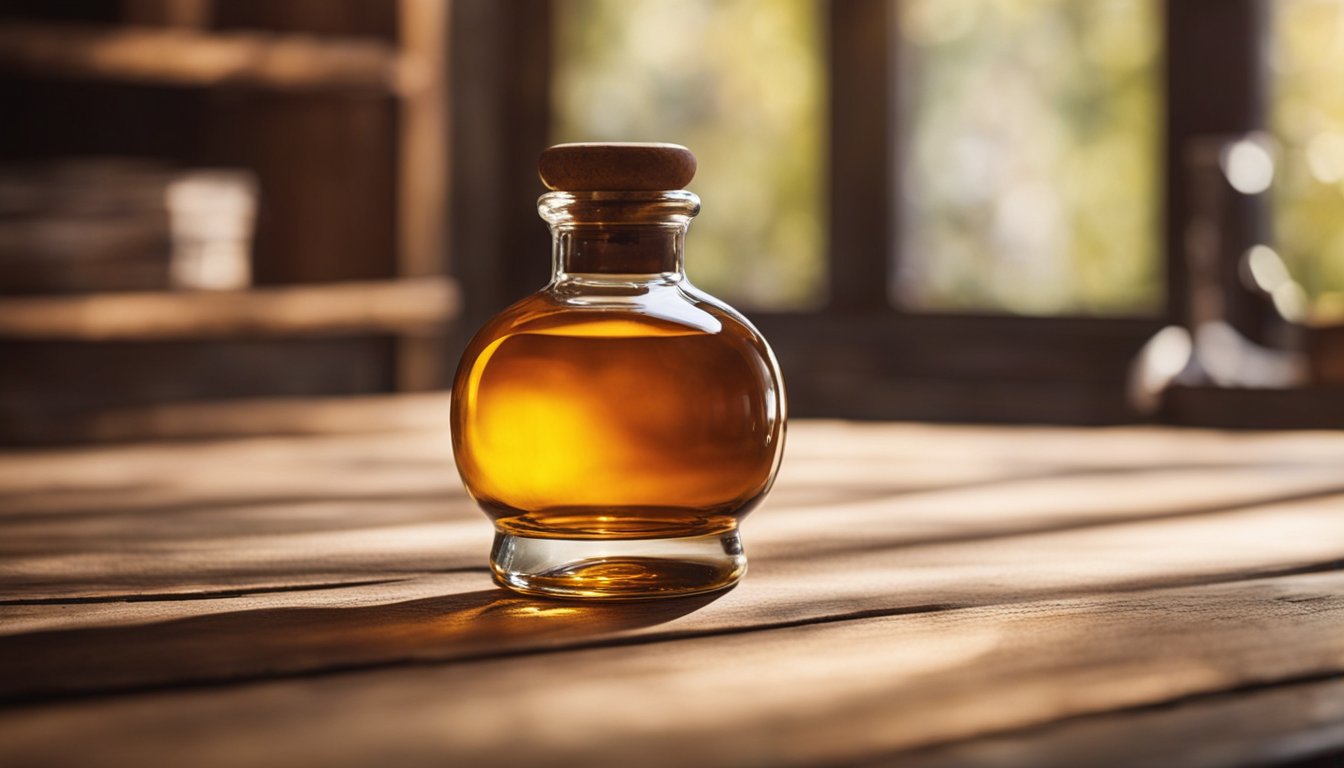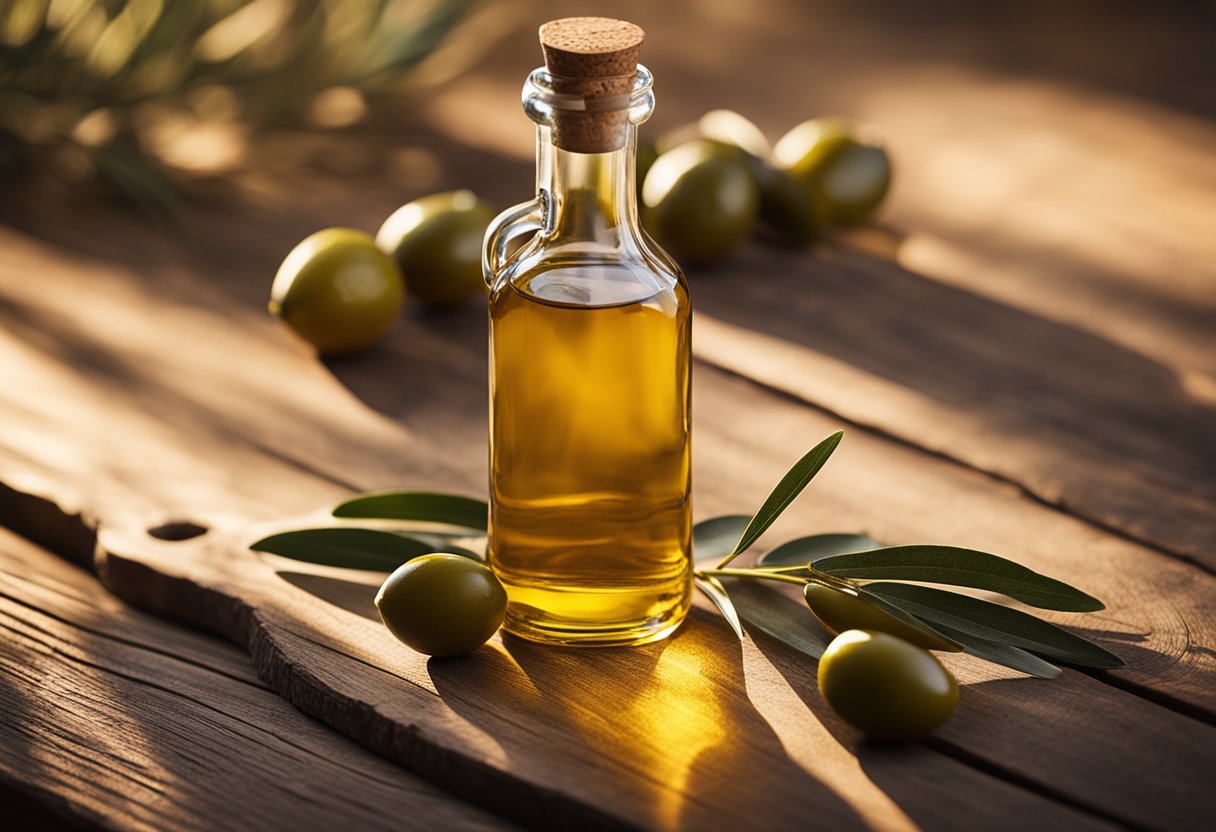Glass beer bottle manufacturers play a crucial role in the beer industry. These manufacturers produce glass bottles that are not only visually appealing but also protect the beer from external factors that could affect its taste and quality. Glass bottles are preferred by many breweries due to their ability to preserve the beer’s flavor and carbonation, as well as their recyclability.

The process of manufacturing glass beer bottles involves several steps, including melting the raw materials, molding the glass into the desired shape, and annealing the bottles to strengthen them. The quality of the glass used in the manufacturing process is crucial, as it affects the durability and clarity of the final product. Glass beer bottle manufacturers must also ensure that their bottles meet industry standards and regulations for safety and quality.
In recent years, there has been a growing trend towards sustainable packaging in the beer industry. Glass beer bottle manufacturers have responded to this trend by developing eco-friendly options, such as bottles made from recycled glass or those that use less energy in the manufacturing process. As the beer industry continues to evolve, glass beer bottle manufacturers will play a vital role in providing sustainable and high-quality packaging options.
History of Glass Beer Bottles

Glass beer bottles have been used for centuries to store and transport beer. The history of glass beer bottles can be traced back to the 17th century when beer was first packaged in glass bottles in England. The use of glass bottles became popular due to their durability and ability to preserve the quality of the beer.
In the 19th century, glass beer bottles became more common as beer production increased and breweries started to bottle their own beer. The use of glass bottles allowed breweries to distribute their beer to a wider audience and helped to increase their sales.
During the early 20th century, glass beer bottles were further improved with the introduction of the crown cap. The crown cap was a metal cap that could be easily removed and resealed, making it easier for consumers to enjoy their beer.
Today, glass beer bottles remain a popular choice for many breweries due to their ability to preserve the quality and taste of the beer. They are also environmentally friendly as they can be reused and recycled.
Overall, the history of glass beer bottles is a testament to their durability and effectiveness in preserving the quality of beer.
Manufacturing Process

Raw Material Acquisition
The first step in the manufacturing process of glass beer bottles is the acquisition of raw materials. The primary raw materials used in the production of glass bottles are sand, soda ash, limestone, and cullet. These materials are carefully selected and tested to ensure they meet the required chemical composition and quality standards.
Melting and Molding
Once the raw materials have been acquired, they are melted in a furnace at temperatures of up to 1600°C. The molten glass is then molded into the desired shape using a process called blow molding. During this process, a glassblower uses compressed air to blow the molten glass into a mold, which gives the bottle its shape.
Bottle Formation
After the blowing process, the bottle undergoes several additional steps to ensure it meets the required specifications. These steps include trimming the bottle’s neck, checking for defects, and adding any necessary labels or engravings. The bottles are then inspected for quality and defects before moving on to the next stage.
Cooling and Quality Control
The final stage of the manufacturing process involves cooling the bottles to room temperature. This is done using a cooling process called annealing, which helps to prevent the bottles from breaking or cracking. Once the bottles have cooled, they undergo a final quality control check to ensure they meet the required standards.
Overall, the manufacturing process of glass beer bottles is a complex and precise process that requires careful attention to detail and quality control at every stage. By using high-quality raw materials and advanced manufacturing techniques, glass beer bottle manufacturers are able to produce high-quality, durable bottles that can withstand the rigors of transportation and storage.
Types of Glass Beer Bottles
Glass beer bottles come in a variety of shapes, sizes, and designs. Manufacturers offer different types of glass beer bottles to cater to the needs and preferences of their customers. Some of the common types of glass beer bottles are discussed below.
Standard Bottles
Standard glass beer bottles are the most common type of beer bottles used by manufacturers worldwide. These bottles are usually available in two sizes: 12 oz and 22 oz. They have a uniform shape and are designed to hold carbonated beer. The standard bottles are made from high-quality glass and are sturdy enough to withstand the pressure of carbonation.
Custom Design Bottles
Custom design glass beer bottles are becoming increasingly popular among manufacturers who want to differentiate their products from others in the market. These bottles are available in various shapes, sizes, and colors. Manufacturers can customize the design of the bottle to suit their branding needs. Custom design bottles are often used for seasonal beers, limited edition beers, or special releases.
Eco-Friendly Bottles
Eco-friendly glass beer bottles are designed to reduce the impact of beer packaging on the environment. These bottles are made from recycled glass and are 100% recyclable. They are also designed to be lightweight, which reduces the carbon footprint of transportation. Eco-friendly glass beer bottles are becoming more popular among environmentally-conscious consumers who want to reduce their impact on the planet.
In conclusion, glass beer bottles come in a variety of types to cater to the needs and preferences of manufacturers and consumers. Standard bottles are the most common type, while custom design bottles and eco-friendly bottles are becoming increasingly popular. Manufacturers can choose the type of bottle that best suits their branding needs and environmental goals.
Labeling and Branding
Label Materials
When it comes to labeling and branding glass beer bottles, there are various materials to choose from. The most common materials used for labels are paper, plastic, and foil. Paper labels are the most economical and widely used, while plastic labels offer durability and moisture resistance. Foil labels, on the other hand, provide a premium look and feel, making them ideal for high-end beer brands.
Printing Techniques
The printing technique used for beer bottle labels depends on the label material and design. For paper labels, the most common printing techniques are flexography and lithography. Flexography is a high-speed printing process that uses flexible plates to transfer ink onto the label material. Lithography, on the other hand, is a more precise printing process that uses a flat plate to transfer ink onto the label material.
For plastic and foil labels, the most common printing technique is digital printing. Digital printing offers high-quality and detailed prints, making it ideal for intricate label designs and small print runs.
Design Considerations
The design of a beer bottle label is crucial in attracting and retaining customers. When designing a label, it’s important to consider the brand identity, target audience, and competition. The label should be eye-catching, easy to read, and memorable.
Some design elements to consider include the color scheme, typography, graphics, and logo placement. It’s also important to ensure that the label complies with any legal requirements, such as alcohol content and nutritional information.
In conclusion, choosing the right label material, printing technique, and design is essential in creating a successful beer bottle label. By considering these factors, manufacturers can create labels that not only look great but also effectively communicate the brand message to consumers.
Packaging and Distribution
Packaging Solutions
Glass beer bottles are an essential component of the beer packaging industry. The manufacturers of glass beer bottles offer a range of packaging solutions for their customers to choose from. The packaging solutions include different bottle shapes, sizes, and colors. The manufacturers also offer custom designs and labeling options to meet the specific needs of their customers.
The glass beer bottle manufacturers use high-quality glass to ensure that the bottles are durable and can withstand the rigors of transportation and handling. The bottles are also designed to protect the beer from light and oxygen, which can affect the taste and quality of the beer.
Distribution Channels
Glass beer bottle manufacturers have a range of distribution channels to ensure that their products reach their customers efficiently. The manufacturers have partnerships with distributors and retailers to ensure that their products are available in different regions.
The manufacturers also have online platforms where customers can place orders and have the products delivered to their doorstep. The online platforms offer convenience and flexibility to customers who may not have access to physical stores.
Logistics and Transportation
Logistics and transportation are critical components of the glass beer bottle manufacturing industry. The manufacturers have to ensure that the bottles are transported safely and efficiently to their customers. The manufacturers use different transportation modes such as trucks, trains, and ships to transport their products.
The manufacturers also have to ensure that the bottles are packaged correctly to prevent breakage during transportation. The packaging materials used include bubble wrap, foam, and cardboard boxes.
In conclusion, glass beer bottle manufacturers offer a range of packaging solutions, distribution channels, and logistics and transportation options to ensure that their products reach their customers efficiently. The manufacturers use high-quality glass and packaging materials to ensure that the bottles are durable and can withstand transportation and handling.
Market Trends in Glass Beer Bottle Manufacturing
Glass beer bottle manufacturing is a competitive industry that has experienced a number of market trends in recent years. One of the most significant trends is the increasing demand for eco-friendly packaging options. As consumers become more environmentally conscious, glass beer bottles are becoming a popular choice because they are recyclable and have a low impact on the environment.
Another trend in glass beer bottle manufacturing is the use of lightweight glass. Manufacturers are creating thinner and lighter glass bottles to reduce transportation costs and improve sustainability. This trend has also been driven by the increasing popularity of craft beer, which is often sold in smaller quantities and requires lighter packaging.
In addition, there has been a shift towards customization in glass beer bottle manufacturing. Breweries are looking for unique and eye-catching bottle designs to help their products stand out on the shelves. This has led to an increase in the use of embossing, debossing, and other decorative techniques.
Overall, the glass beer bottle manufacturing industry is constantly evolving to meet the changing demands of consumers and the market. By staying on top of these trends, manufacturers can continue to provide high-quality and sustainable packaging options for the beer industry.
Regulatory Compliance and Standards
Safety Standards
Glass beer bottle manufacturers are required to comply with safety standards to ensure that their products are safe for consumers to use. The safety standards set by regulatory bodies such as the FDA, OSHA, and ASTM International outline requirements for the production, handling, and transportation of glass bottles. These standards aim to prevent accidents and injuries during the manufacturing and use of glass bottles.
Manufacturers must ensure that their glass bottles are free from defects such as cracks, chips, or other imperfections that could cause breakage. They must also use high-quality materials and follow strict quality control procedures to ensure that their products meet safety standards.
Environmental Regulations
Glass beer bottle manufacturers are also subject to environmental regulations that aim to reduce the impact of their operations on the environment. These regulations require manufacturers to minimize waste, reduce emissions, and conserve resources.
Manufacturers must comply with regulations such as the Clean Air Act, the Clean Water Act, and the Resource Conservation and Recovery Act. They must also implement sustainable practices such as recycling and using renewable energy sources.
In addition, manufacturers must ensure that their products are recyclable and that they use environmentally friendly packaging materials. This is important because glass bottles are often reused and recycled, and improper disposal can have a significant impact on the environment.
Overall, glass beer bottle manufacturers must comply with strict safety and environmental regulations to ensure that their products are safe and sustainable. By following these standards, they can produce high-quality glass bottles that meet the needs of consumers while minimizing their impact on the environment.
Challenges Facing Glass Beer Bottle Manufacturers
Glass beer bottle manufacturers face a number of challenges in the production process. These challenges can affect the quality, cost, and availability of glass beer bottles. Here are some of the main challenges that glass beer bottle manufacturers face:
1. Environmental Regulations
Glass beer bottle manufacturers must comply with various environmental regulations related to emissions, waste disposal, and energy consumption. These regulations can increase the cost of production and limit the availability of resources, such as natural gas and electricity.
2. Raw Materials
The production of glass beer bottles requires high-quality raw materials, such as sand, soda ash, and limestone. These materials must be sourced from specific locations and can be affected by factors such as weather, transportation, and availability. Any disruption in the supply chain can lead to delays and increased costs.
3. Energy Consumption
Glass beer bottle manufacturing is an energy-intensive process that requires large amounts of natural gas and electricity. The cost of energy can fluctuate depending on market conditions, which can impact the cost of production.
4. Quality Control
Glass beer bottle manufacturers must maintain strict quality control standards to ensure that their products meet industry standards and customer expectations. Any defects or flaws in the glass bottles can lead to customer complaints and potential recalls, which can be costly for manufacturers.
5. Competition
Glass beer bottle manufacturers face competition from other packaging materials, such as aluminum cans and plastic bottles. Manufacturers must continually innovate and improve their products to stay competitive in the market.
Overall, glass beer bottle manufacturers must navigate a complex set of challenges to produce high-quality, cost-effective products that meet the needs of their customers.
Future of Glass Beer Bottle Manufacturing
Glass beer bottles have been a staple in the beer industry for many years, and they continue to be a popular choice among consumers. However, with the increasing demand for sustainability, manufacturers are looking for ways to make glass beer bottle manufacturing more eco-friendly.
One of the key areas of focus for the future of glass beer bottle manufacturing is reducing energy consumption. Manufacturers are exploring ways to use more efficient furnaces and improve the insulation of their facilities to reduce the amount of energy needed to produce glass bottles. This not only reduces the carbon footprint of the manufacturing process but also lowers production costs.
Another area of focus is the use of recycled glass. By using recycled glass, manufacturers can reduce the amount of waste sent to landfills and conserve natural resources. This also helps to reduce the energy needed to produce new glass, as recycled glass melts at a lower temperature than raw materials.
In addition to these efforts, manufacturers are also exploring new designs for glass beer bottles. These designs not only make the bottles more visually appealing but also improve their functionality. For example, some manufacturers are creating bottles with a wider mouth to make them easier to drink from, while others are developing bottles with a special coating to keep beer fresher for longer.
Overall, the future of glass beer bottle manufacturing looks promising. With a focus on sustainability, efficiency, and innovation, manufacturers are finding new ways to produce high-quality glass beer bottles while reducing their impact on the environment.















